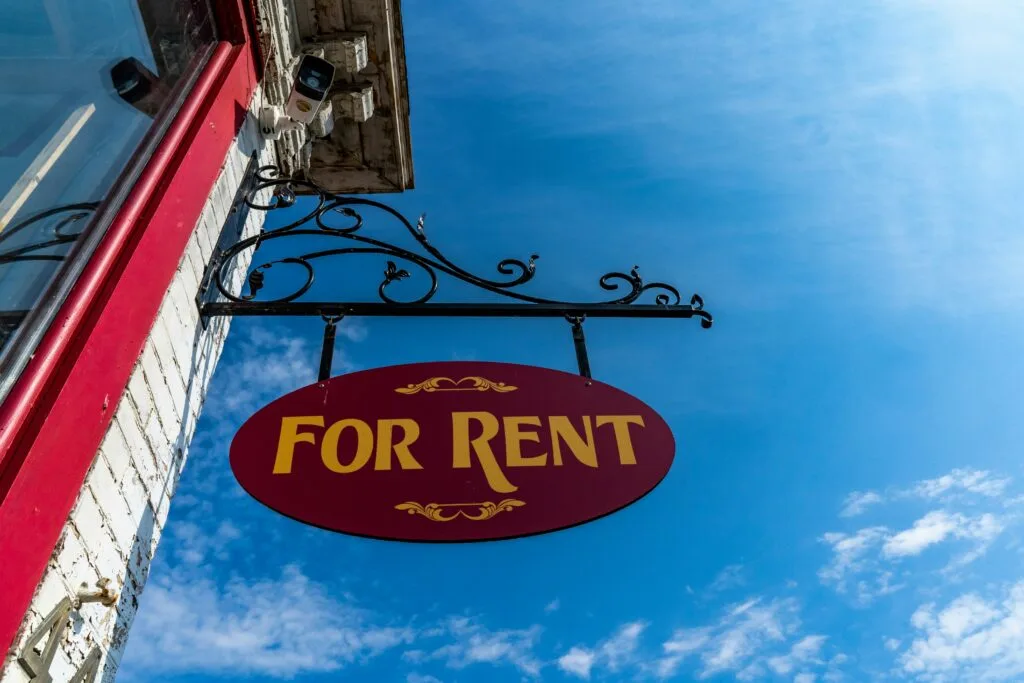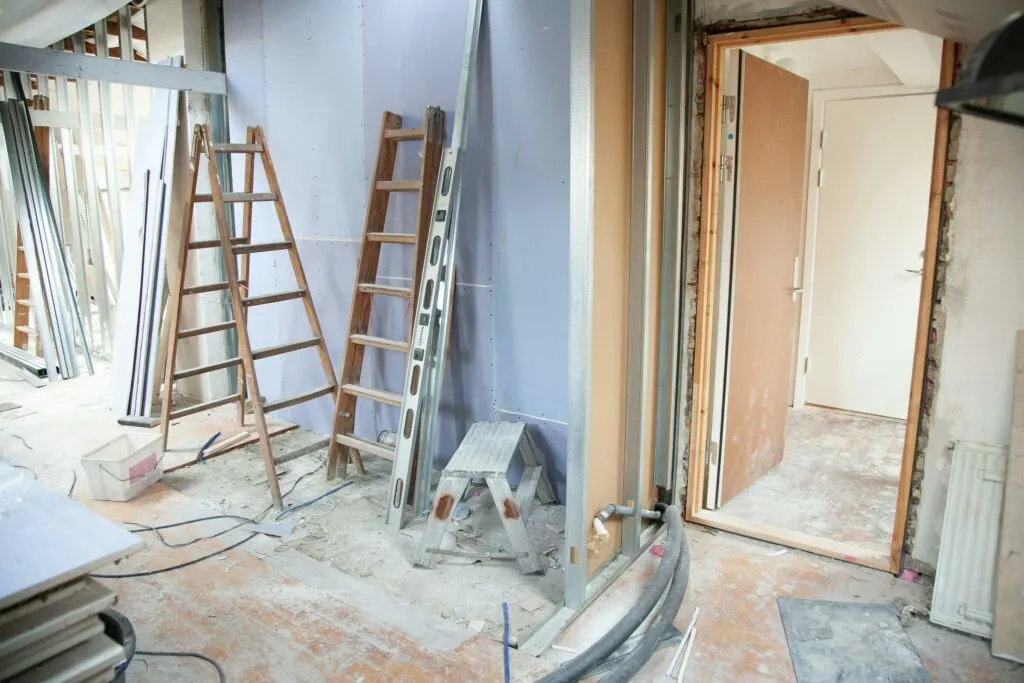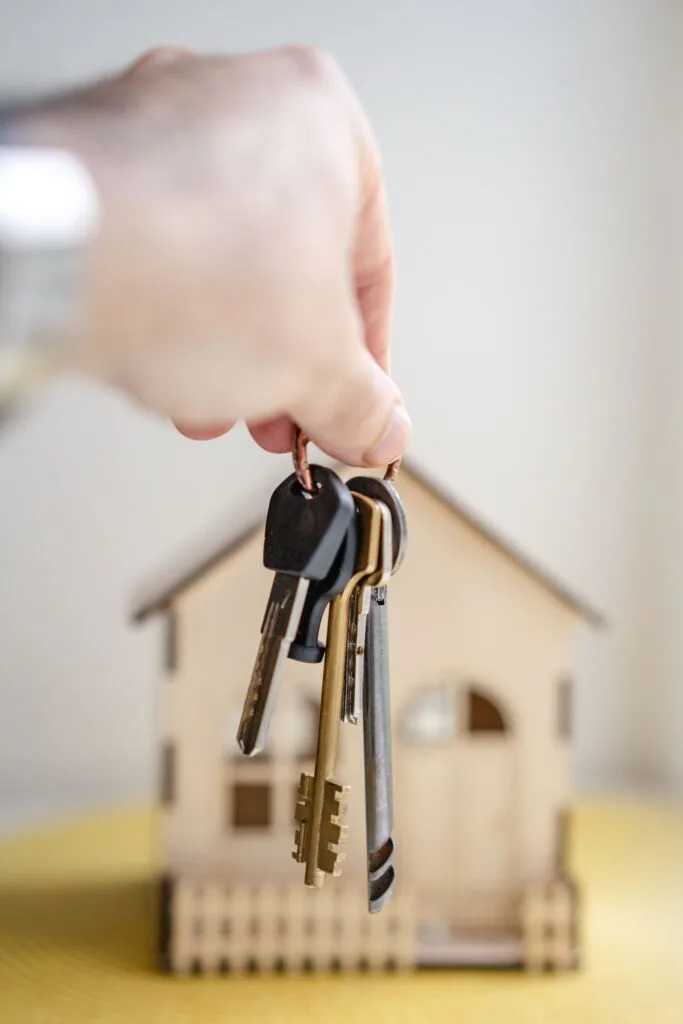Renting out your home can be a smart way to earn extra income, especially if you have a spare property or plan to be away for an extended period. However, it's not as simple as just handing over the keys and collecting rent like some people imagine. There are several important factors to consider and steps to take to ensure a successful rental experience. Read these tips for what you need to know before you decide to rent out your home.

Legal Considerations
One of the first things you need to keep in mind when having a rental home are the legal requirements and regulations in your specific area. These regulations can vary from place to place and may include zoning laws, landlord-tenant rules, and potential property tax implications.
If you are looking to rent out to multiple people who are not of the same family for example, but will be sharing a communal area and or kitchen, then you are going to need to look at that slightly differently, as these are known as HMO or a "House in Multiple Occupation". If this is the case for you and your property, then it is definitely worth your while to get in touch with a broker who can help you with a mortgage for HMO properties, to ensure you go about the process correctly. The legalities of obtaining and maintaining an HMO mortgage involve several layers of compliance, including property licensing, safety standards, tenant rights, and financial regulations.
All of the above just goes to show it is crucial to do your homework or consult with expert professionals to make sure you’re following all the local laws, state laws, and federal laws.
Rent Pricing
Determining the right rent price is crucial to attract quality tenants. Research the local rental market or use a rent estimator to understand what similar properties are charging. You can also seek advice from a real estate agent or property management company to help you set an appropriate rent price.
The best way to attract prospective tenants is with a good price, but you want the price to be competitive enough that you get good tenants that will pay on time.
Property Management
You will need to decide whether you want to manage the property yourself or hire a property management company. Self-management can save you money, but it can be time-consuming. It might be a good idea to hire a property manager that can handle tasks like tenant screening, maintenance, and rent collection, but of course, they usually charge a fee for their services.
Tenant Screening
Selecting the right tenant is key to a successful rental experience. A thorough tenant screening process is essential to avoid potential problems in the future. This process typically involves a criminal background check, credit checks, and reference checks. Make sure to follow all applicable anti-discrimination laws when screening tenants to avoid legal issues.

Property Maintenance
Regular maintenance is essential to keep your property in good condition and ensure your tenants are satisfied. Establish a maintenance schedule and address any issues promptly. In many cases, you may need to hire professionals for tasks like plumbing, electrical work, or landscaping.
Lease Agreement
A well-crafted lease agreement is vital to protect your rights and the tenant's rights. It should cover important terms such as the monthly rent amount, due date, security deposit, maintenance responsibilities, and the length of the lease. Consider consulting with an attorney to ensure your lease agreement is legally sound and comprehensive.
Security Deposit
Collecting a security deposit from your tenant is essential to cover potential damages or unpaid rent. This amount is often a month's rent, but figure out how much you will need for the deposit. The amount and rules for handling the security deposit should be clearly outlined in your lease agreement. Be aware of your legal obligations regarding the security deposit, such as how and when you must return it.
Insurance
It's important to discuss your insurance coverage with your provider to make sure you have the appropriate coverage for a rental property. Standard homeowners' insurance may not cover certain liabilities associated with renting out your home. Landlord insurance or a rental dwelling policy can provide the necessary coverage and protection. This is always good to have if you happen to get a problem tenant and your home needs major repairs.
Taxes
Renting out your home can have tax implications. You may need to report the rental income and potentially deduct expenses related to the property. After all, additional income means you may end up in one of the higher tax brackets 2023. Consult with a tax professional to understand your tax obligations and maximize any available deductions. Consulting a financial advisor is a good idea, as well, because they can be a great help.

Marketing Your Property
To attract quality tenants, you'll need to market your property effectively. Take high-quality photos and create detailed property listings on popular rental websites. Consider utilizing social media and word-of-mouth referrals to reach potential tenants.
Tenant Communication
Establish clear lines of communication with your tenants. Ensure they know how to reach you for maintenance requests or other concerns. Being responsive to their needs can lead to a positive landlord-tenant relationship. Go over the written rental agreement together and make sure they understand it and also make sure they know how to contact you in case of an emergency.
Regular Inspections
Regular property inspections are essential to ensure that the property is being well-maintained and to address any potential issues promptly. Notify your tenants in advance of any planned inspections and be respectful of their privacy.
Eviction Process
While you hope you will never need to go through an eviction, it's essential to understand the eviction process and your rights as a landlord if it becomes necessary. Follow your local eviction laws and consult with an attorney if you encounter difficulties with a tenant. Make sure to use emergency locksmith services.
Handling Tenant Complaints
Be prepared to handle tenant complaints and concerns professionally and promptly. Address their issues in a timely manner, and work to find solutions that satisfy both parties. Good communication and problem-solving can help prevent minor issues from becoming major disputes.
Exit Strategy
Have a clear exit strategy in place. Whether you plan to rent out your home for a short period or an extended one, knowing how and when you'll end the rental agreement is important. This includes whether you'll sell the property, move back in, or continue renting it out.
Property Upkeep
Maintaining your property is essential not just for your tenant's comfort but for the long-term value of your investment. Regular upkeep and renovations can increase your property's appeal and rental value. Even a fresh coat of paint can improve the look of the house and is the first thing you should do before renting our your home or in between renters.
